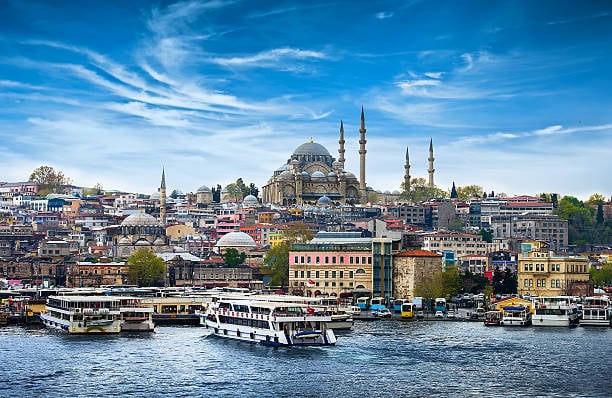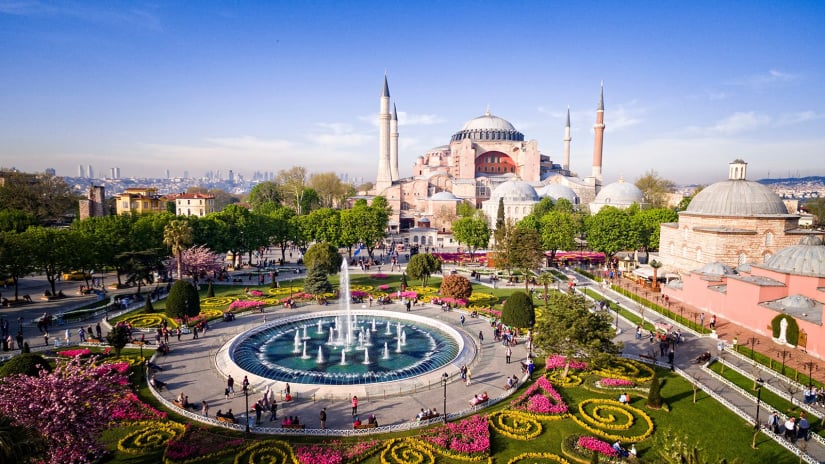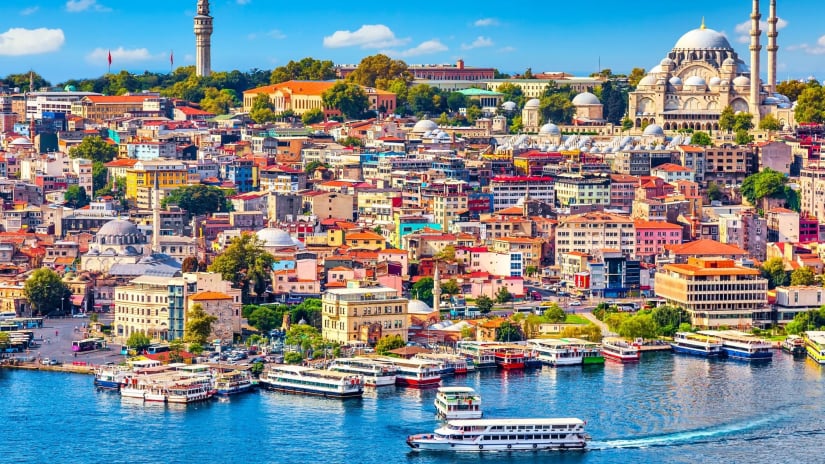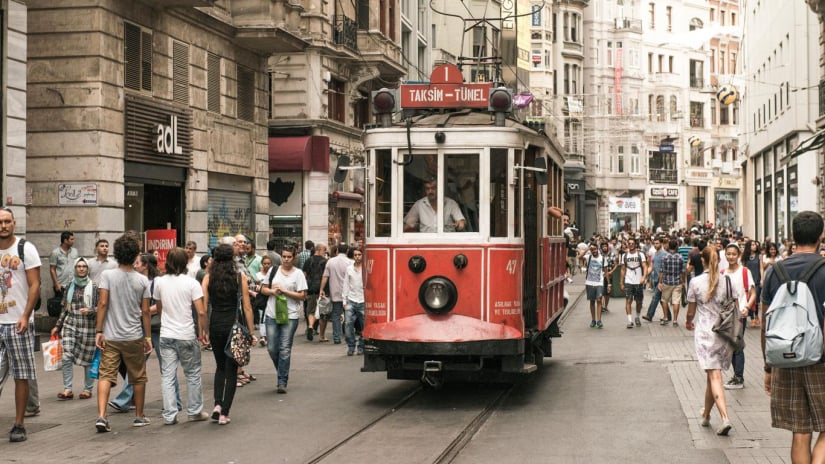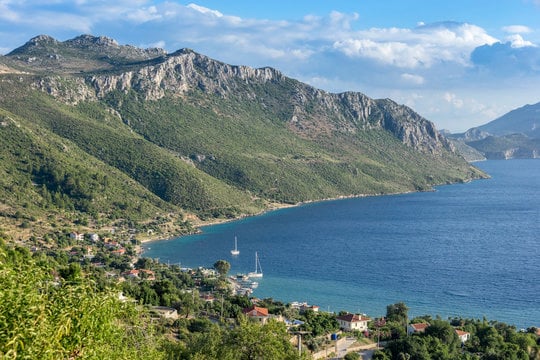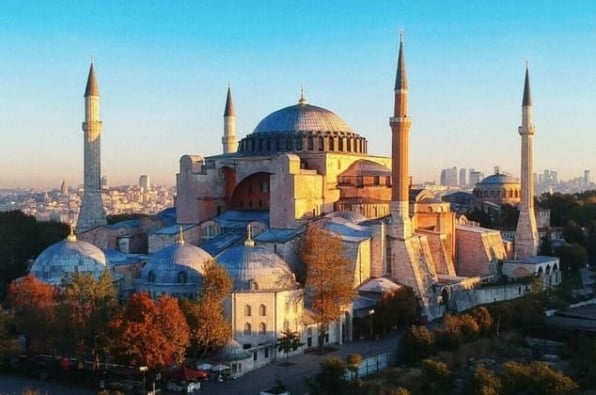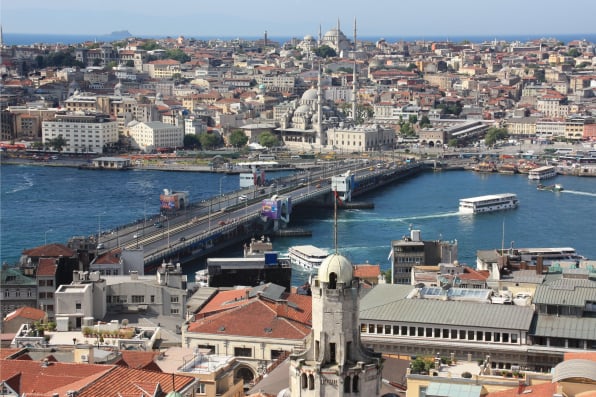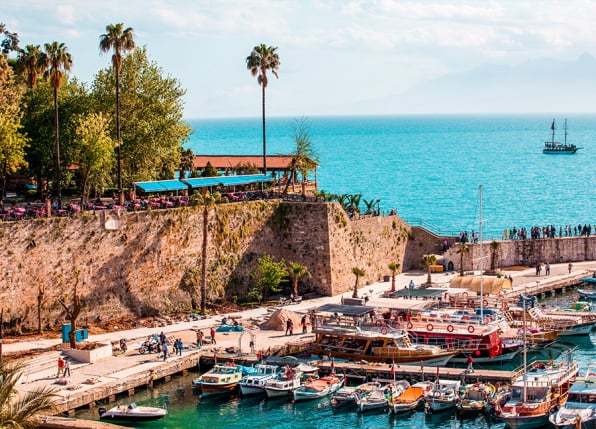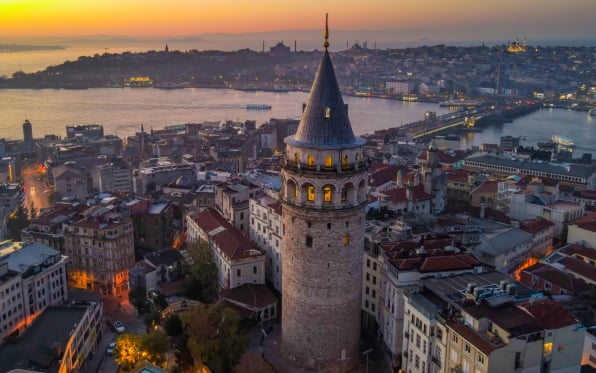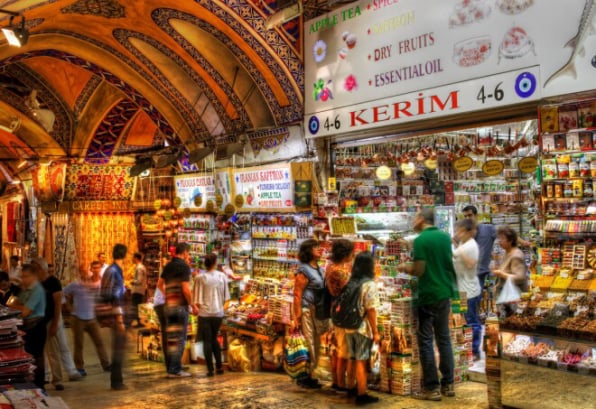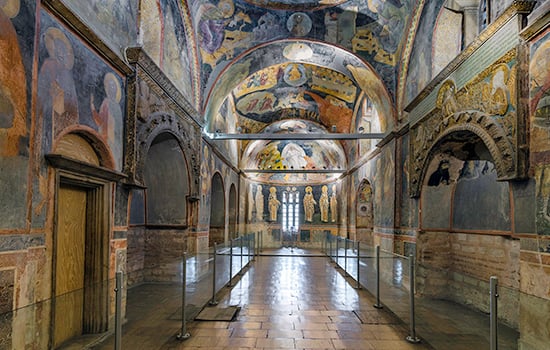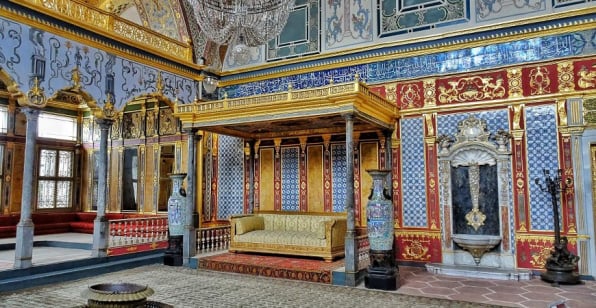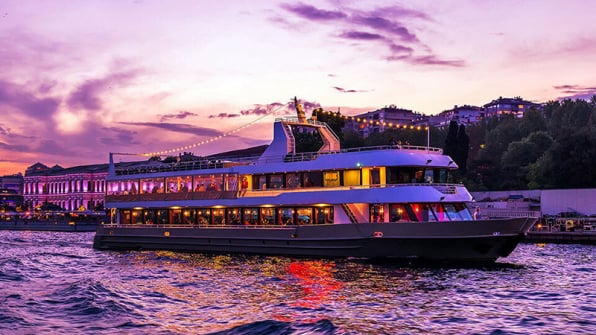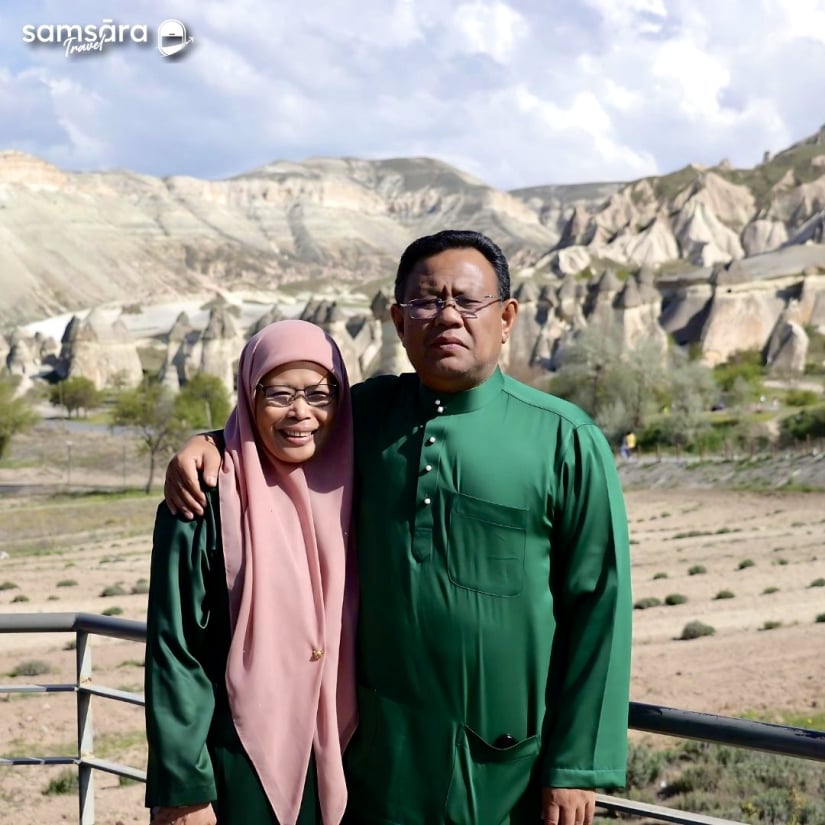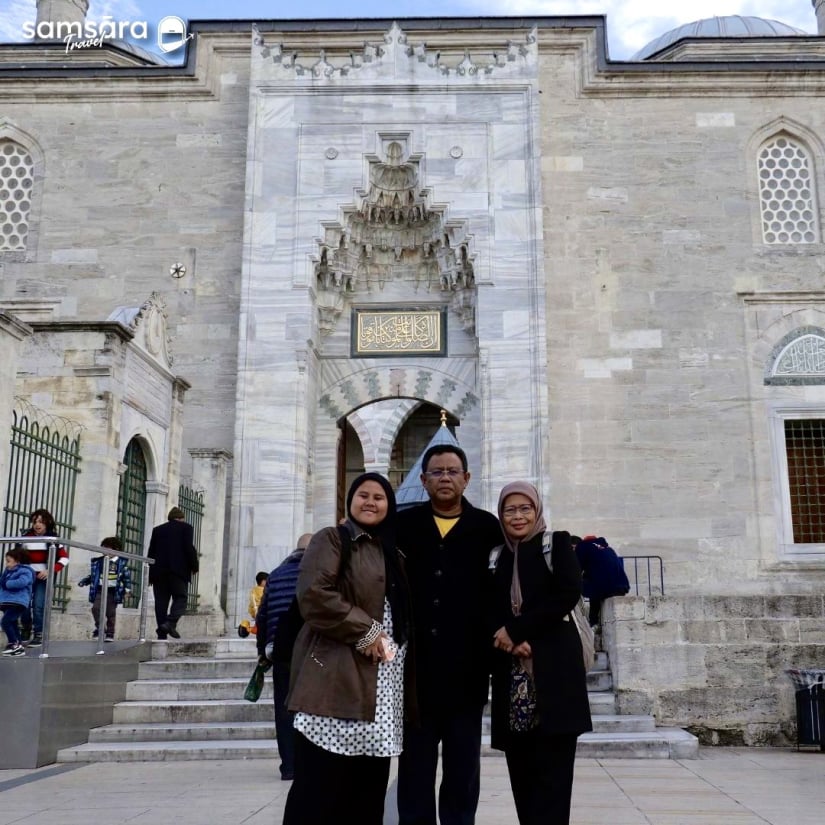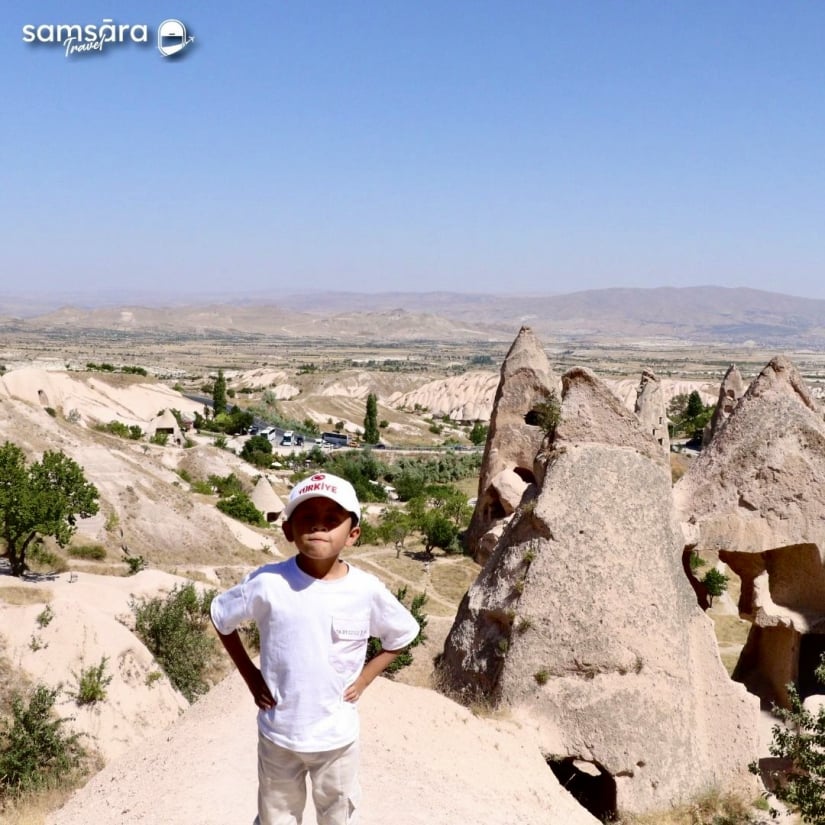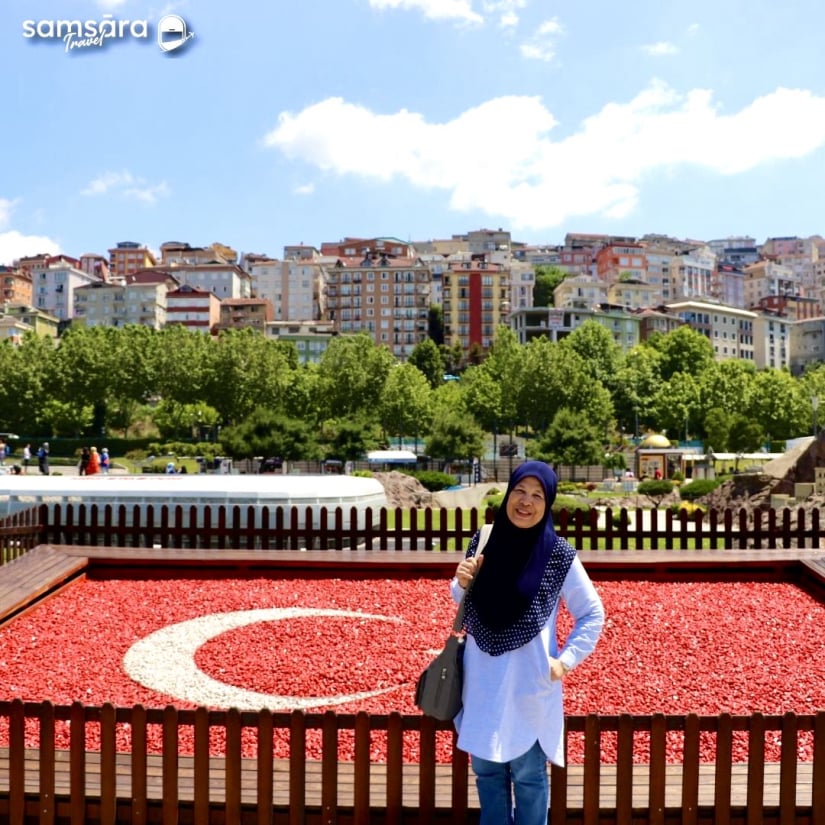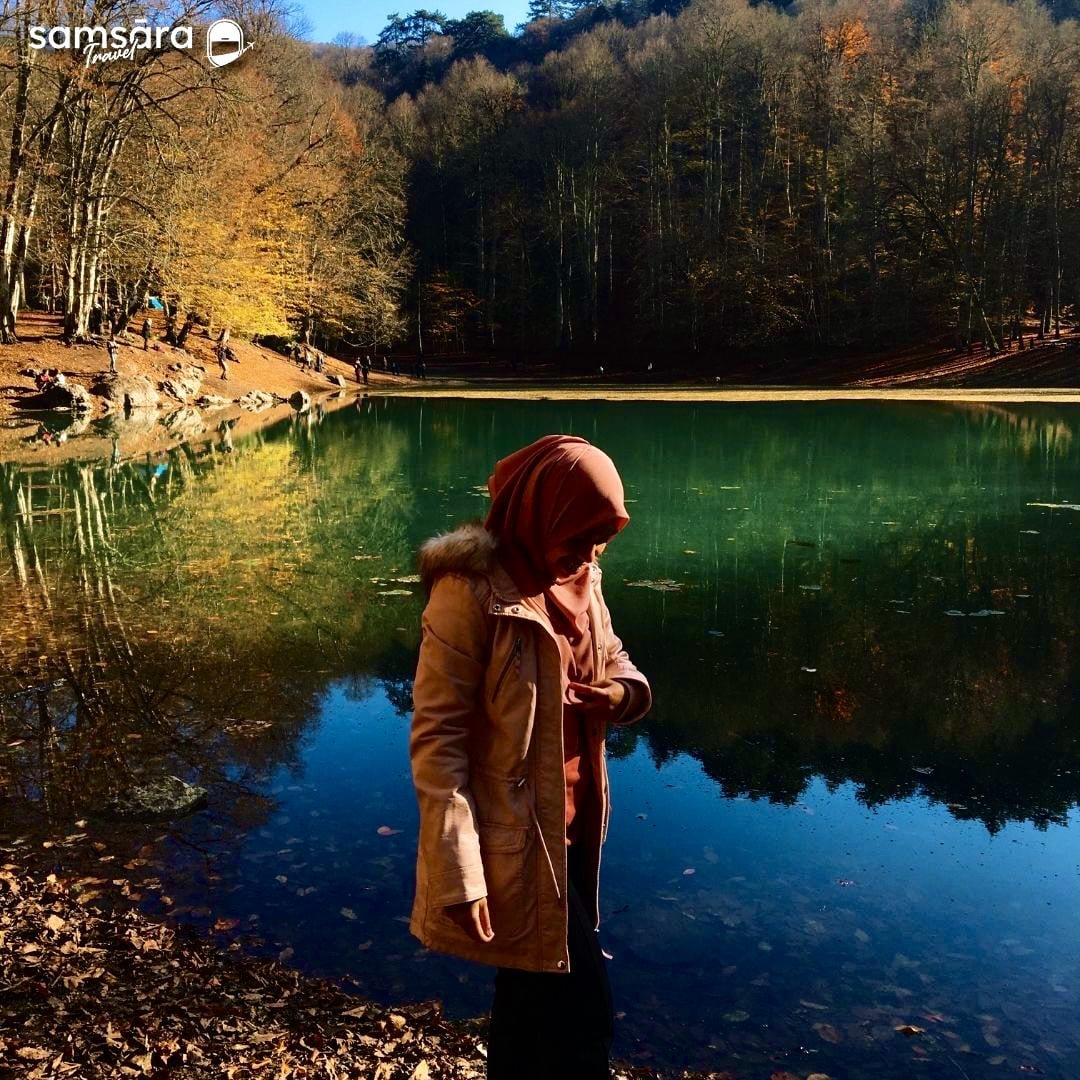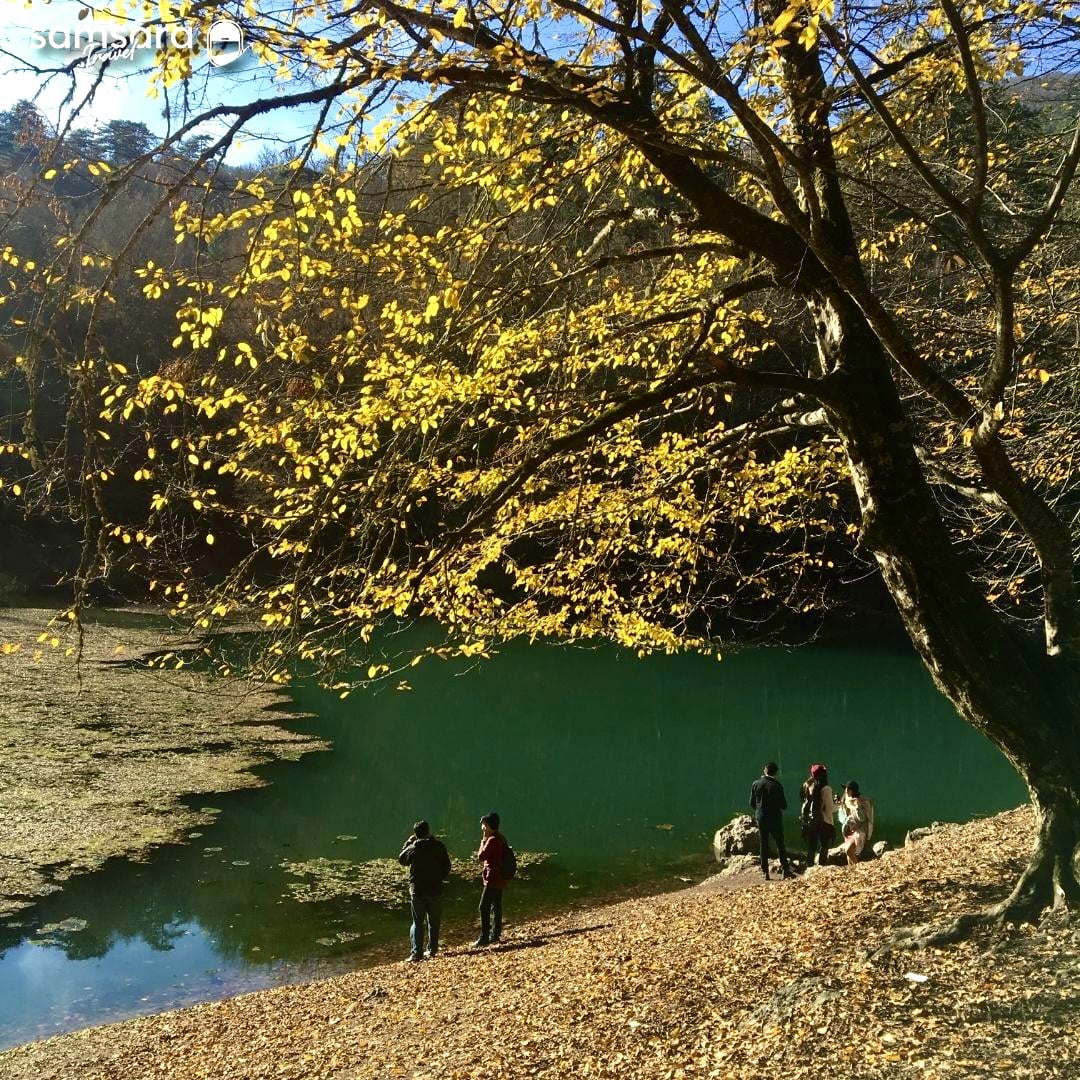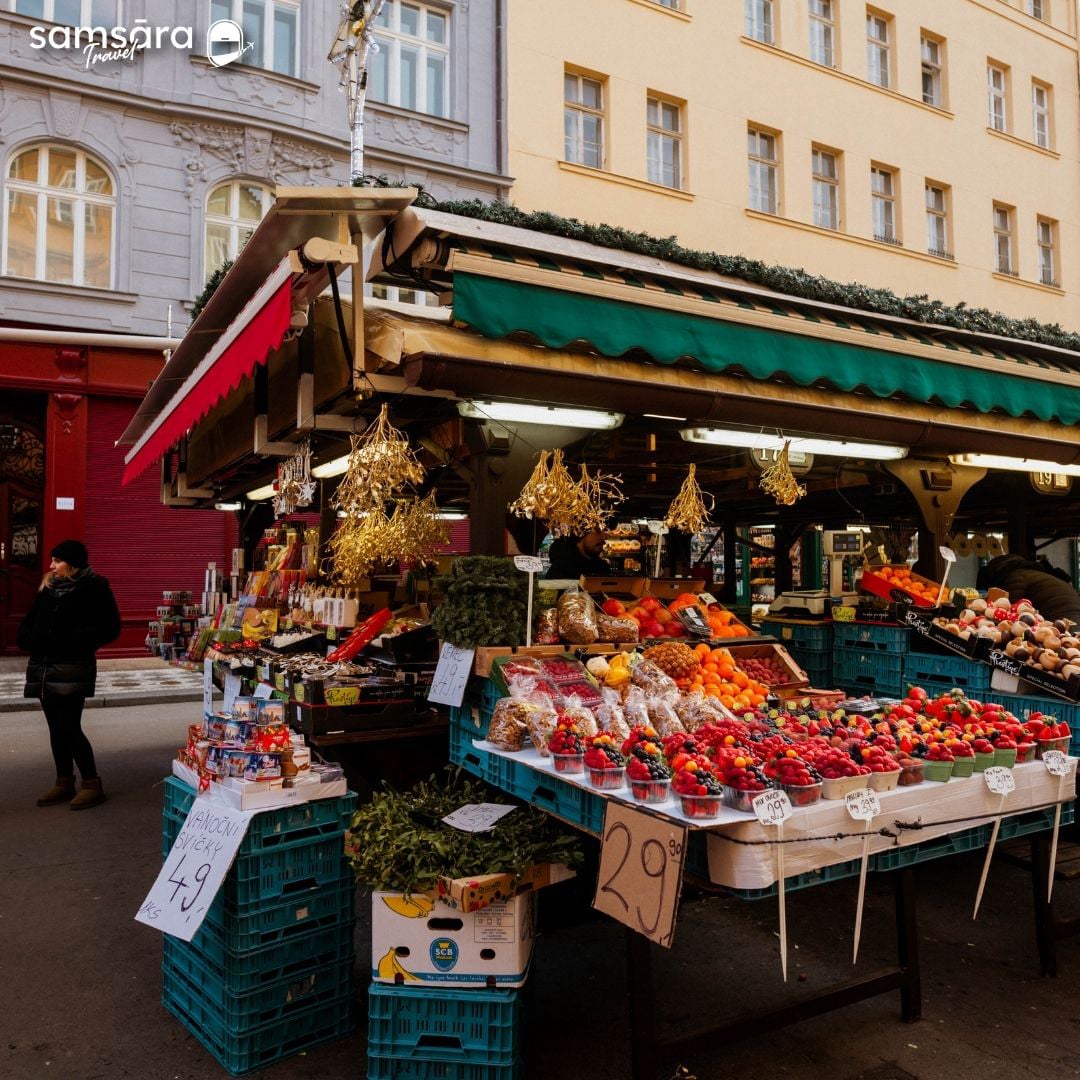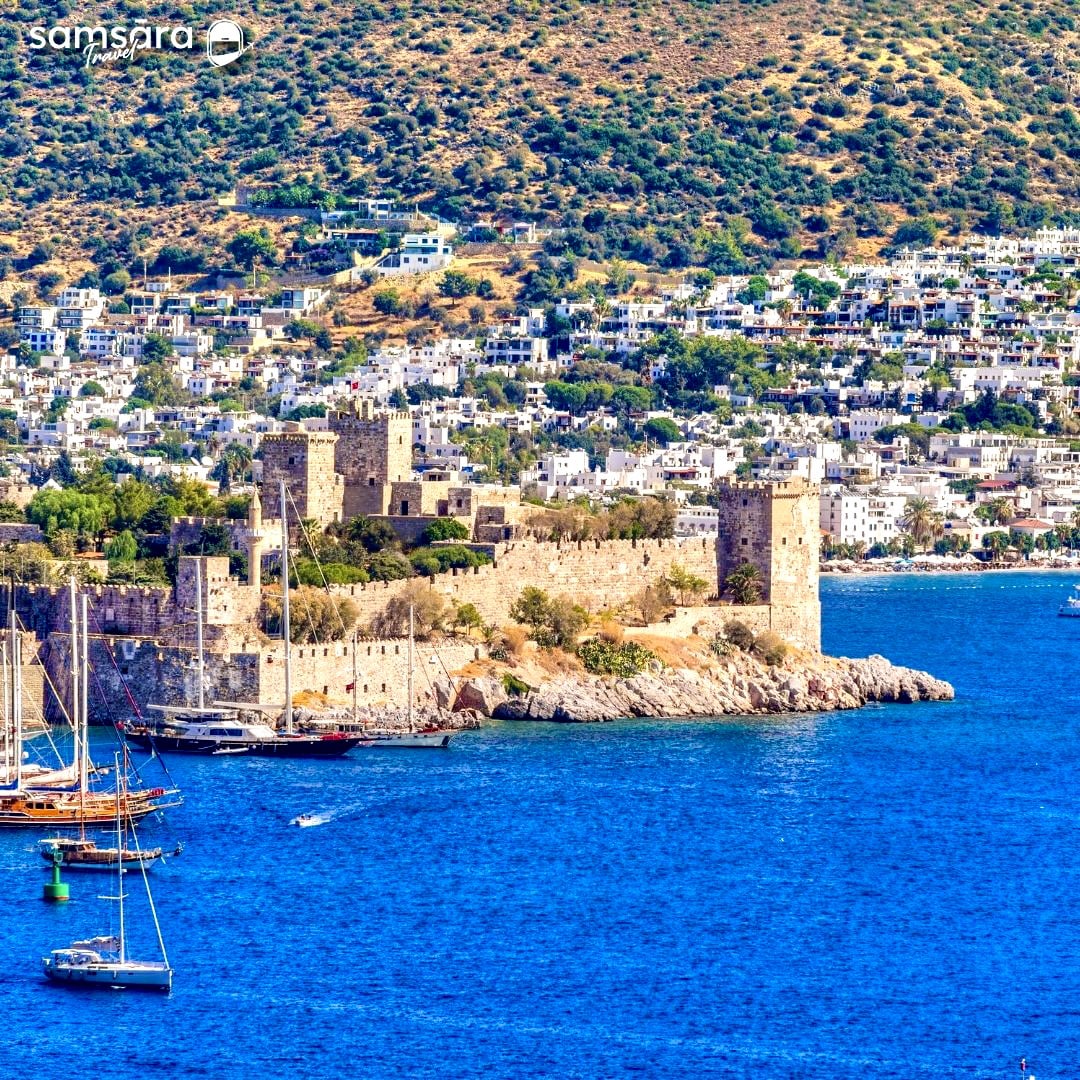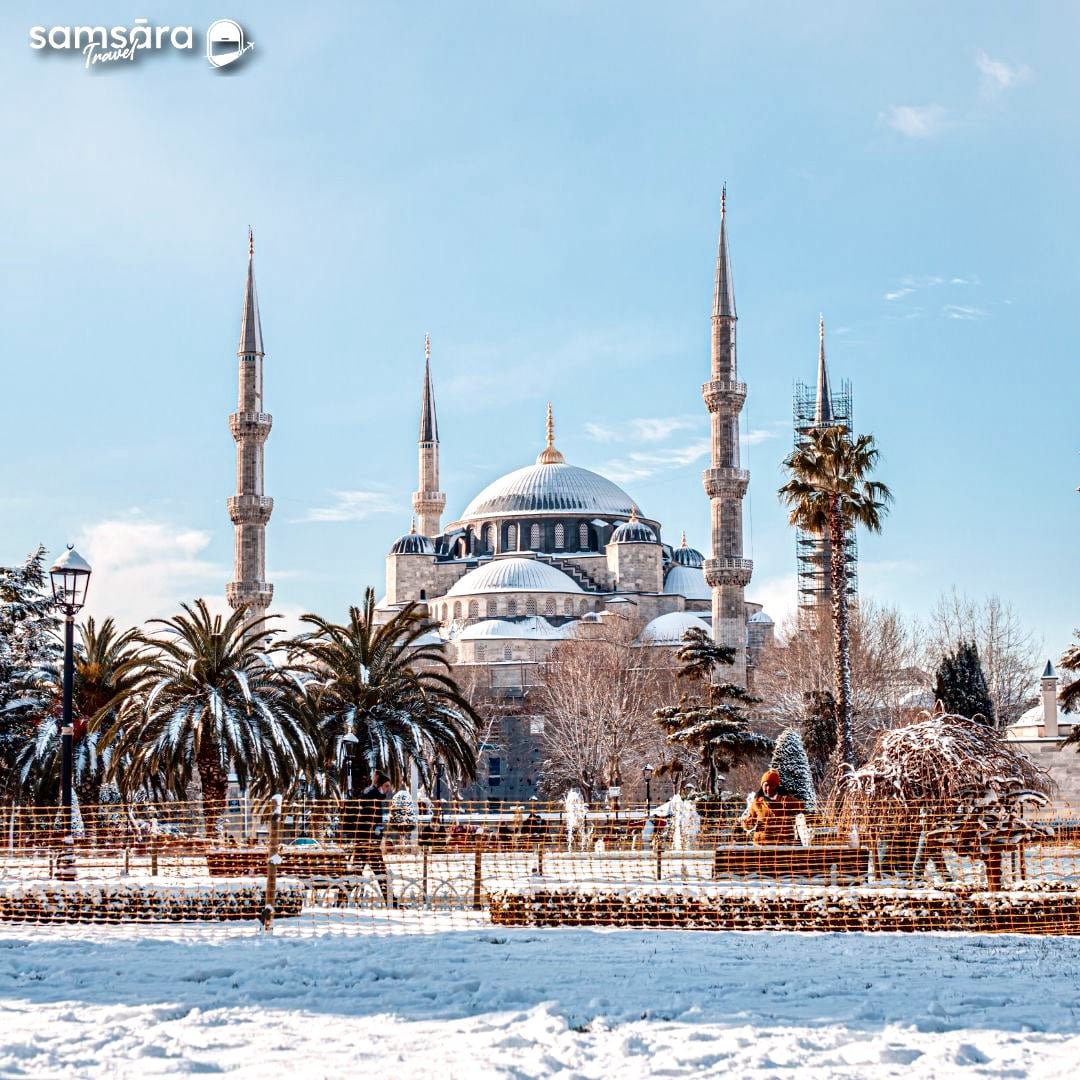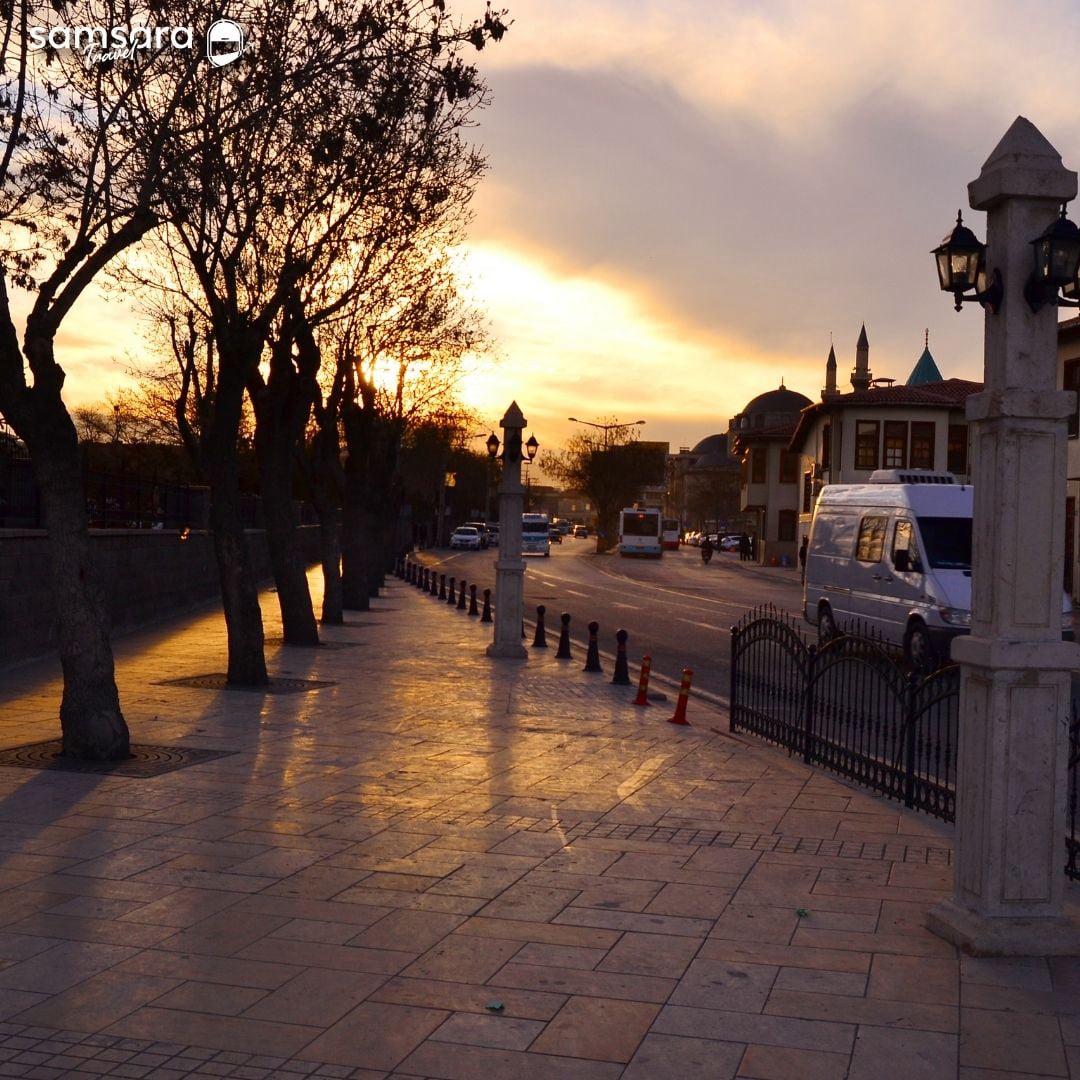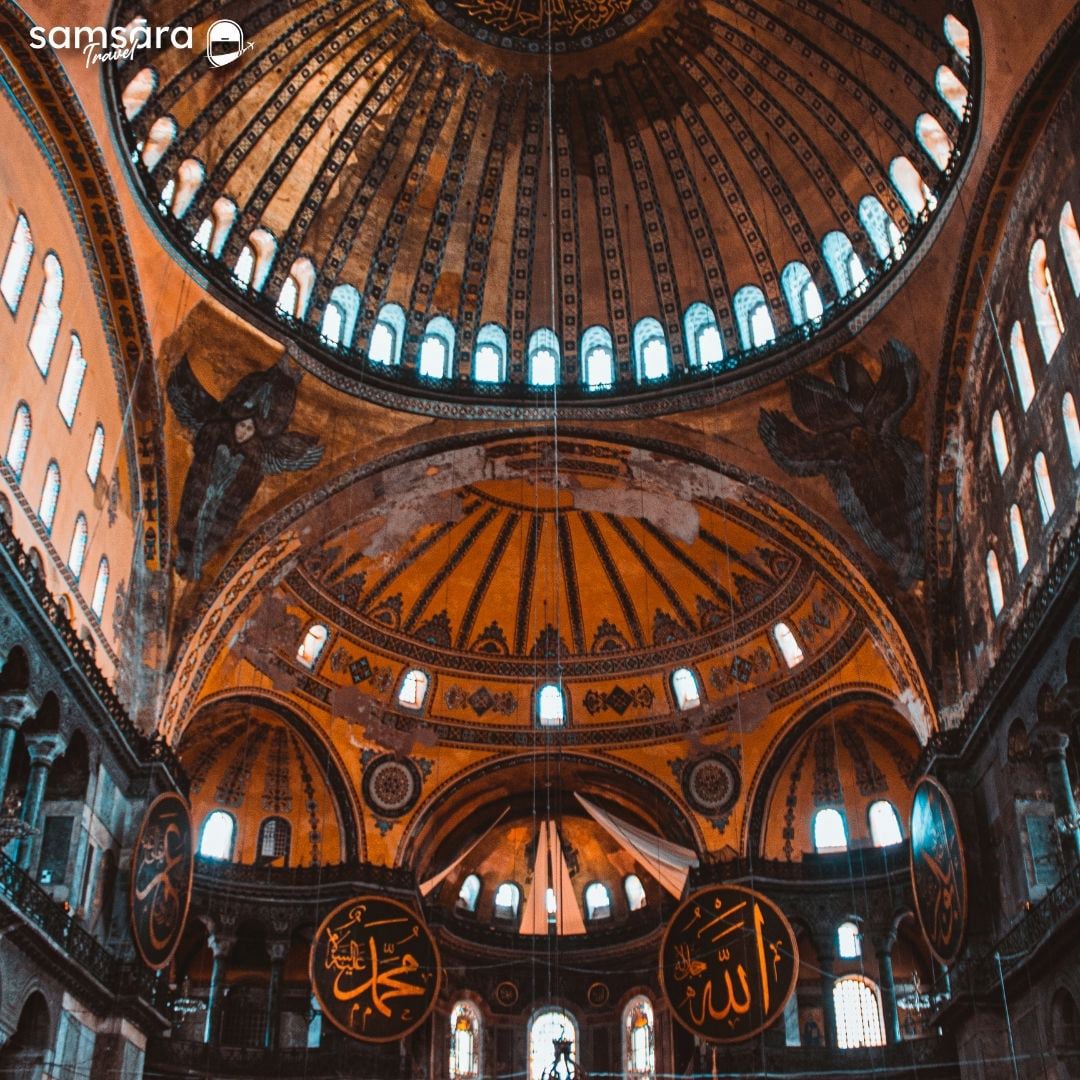frequently asked questions (FAQ)
Well, the answer is the same as all over the world; YES. For sure, Turkey is one of the most successful countries in the fight against the virus; the numbers were always low and health system did a great job. First Covid-19 case in Turkey was seen on 11th of March 2020. All border gates were closed to incoming visitors and all flights have been suspended from last week of March until June 2020. Any person coming in from abroad had to spend 14 days of quarantine under the surveillance of Ministry of Health. There were partial lockdowns and many facilities such as hotels, restaurants, museums etc. were closed. But since 2021 everything is gradually resumed and now all is back to normal.
Yes. Most of Turkey, even big cities such as Istanbul, Ankara and Izmir, when you compare with other big metropolitan cities around the World they're mostly safe. The crime rate is very low compared to large European and US cities. Of course, precautions should be taken to avoid risks of street robbery and pick-pocketing as you would do in any part of the world. Be vigilant in general, just in case. Due to tensions across the Middle East nowadays, Foreign Offices will advise you not to travel to locations near the country's border with Syria and Iraq, tourists should avoid those areas for now. Terror-wise, since 2016 the country has been quiet and safe, with no major terror attacks and no coups.
Fear not! Turkey is generally safe for solo female travelers as Turkish people are friendly and helpful. Of course, you should follow the usual safety precautions as a woman, especially at night or in deserted locations. The most important thing is common sense. Prepare yourself before leaving home and do some research.
Most of the foreign visitors need a valid passport to enter Turkey. Meanwhile many of the European countries' citizens are allowed to enter Turkey with their national ID's too, also they don't need a visa to enter: Germany, Belgium, France, Georgia, Netherlands, Spain, Switzerland, Italy, Turkish Republic of Northern Cyprus, Liechtenstein, Luxemburg, Malta, Portugal, Ukraine, Greece. Regarding entry visa for other nationals, it's advised to check the Ministry of Foreign Affairs or the official E-visa website for those who can apply online or for others who have to go to the Turkish Embassy in their country before they travel to Turkey.
In Turkey the standard voltage is 220 V and the frequency is 50 Hz. If you're coming from the UK, Europe, Australia and most of Asia and Africa, you can use your 220-240 V electric appliances. If you're coming from the US, Canada and most South American countries where the voltage is between 100-127 V, you need a voltage converter in Turkey.
On the other hand, power plugs and sockets in Turkey are of "Type F", also known as "Schuko", which can also work with "Plug C" and "Plug E". These plug and socket types are used in Europe, Russia and some countries of Africa. If you're coming from the UK, US and Americas, some parts of Africa, Far East and Australia, you should obtain a power plug adapter too.
In Turkey we speak Turkish. In major cities, in tourist resorts and towns, at shopping malls, and of course at the hotels, museums and tourist sites people can also speak English. At the end you're not going to make a philosophical conversation, so you can make your way even with some basic conversation. I also suggest to learn a few basic phrases in the local language or download Google Translate. Even a couple of words or a pleasant greeting in Turkish can help you communicate with a local who doesn't speak your language at all.

